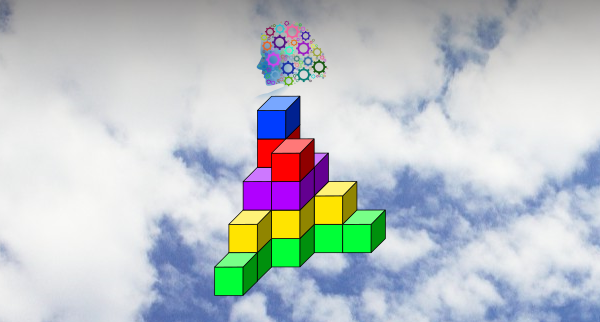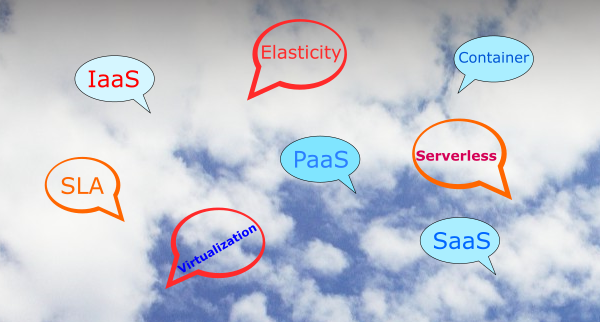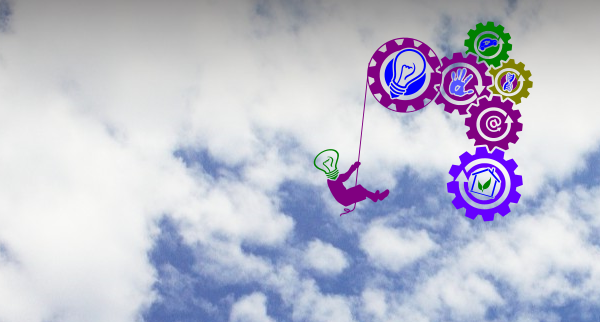The Dual Nature of Technology: A Reflection on Human Responsibility
In the ever-evolving landscape of technological advancement, a recurring debate persists about the inherent nature of technology – is it inherently good or evil? This brief essay contends that technology, in and of itself, is neutral; its moral character is shaped by the intentions and actions of its human creators and users. While technology has the potential to empower humanity in education, communication, entertainment, and so on, its misuse can lead to oppressive and detrimental consequences.
This dual nature is exemplified in various historical and contemporary contexts, such as the Apartheid era in South Africa, repressive governments’ surveillance practices, the use of nuclear energy, and the deployment of drones for both humanitarian and destructive purposes. I will illustrate these points further by elaborating on the previously mentioned examples.
Computers: A Tool for Liberation or Oppression
Computers, as versatile tools, can either liberate or oppress humanity. In the realm of education, computers have opened up vast avenues for learning, breaking down geographical barriers and providing access to knowledge. However, as witnessed during the Apartheid days in South Africa, in the very early days of the birth of personal computing, sooner were computers put to use for discriminatory purposes, contributing to the enforcement of racial segregation.
The detrimental use of computers did not cease with the end of Apartheid; rather, it has evolved and manifested in different forms in contemporary society. Today, issues such as algorithmic bias, digital surveillance, and the potential misuse of technology continue to challenge the ethical boundaries of our increasingly interconnected world, emphasizing the ongoing responsibility of humans to guide technological development in a just and equitable manner.
Nuclear Technology: From Destruction to Abundant Energy
The advent of nuclear technology epitomizes the duality of technological potential. On one hand, nuclear weapons have the capacity to annihilate entire populations, as evidenced by historical tragedies. On the other hand, harnessing nuclear energy for peaceful purposes has the potential to address global energy challenges, providing a clean and abundant source of power.
Human decisions and policies thus determine whether nuclear technology becomes a harbinger of destruction or a catalyst for positive change.
Surveillance and Repressive Governments: The Dark Side of Technology
In the contemporary world, technology is wielded by repressive governments for mass surveillance, curbing dissent, and violating privacy rights. While advancements in surveillance technologies pose threats to civil liberties, the same innovations could be redirected to uphold human rights, ensure public safety, and prevent abuse. The responsibility lies with humans to guide the ethical application of such tools.
Drones: Balancing Acts in Innovation
Drones exemplify the delicate balance between benevolence and malevolence in technology. These unmanned aerial vehicles can be instrumental in reaching remote areas for delivering medical aid, especially in times of crisis. Simultaneously, they can be weaponized for destructive purposes, underscoring the need for ethical frameworks to guide their deployment.
In Conclusion…
Technology remains morally neutral; it is the choices we make as humans that define its impact on society. Whether it be computers, nuclear technology, surveillance systems, or drones, the potential for both good and evil exists in each innovation.
Recognizing our responsibility in shaping the ethical trajectory of technology is crucial. As we stand at the crossroads of rapid technological advancements, it is imperative that we cultivate a collective consciousness that prioritizes the betterment of humanity over the potential for harm. By doing so, we can ensure that technology serves as a force for good, uplifting societies and enhancing the quality of life for all.
Technology is innocent; it is how we use or misuse it that makes it evil. As we stand on the brink of the Artificial Intelligence era, the pivotal question of its impact on humanity looms large—a subject perhaps reserved for another article.
















0 Comments